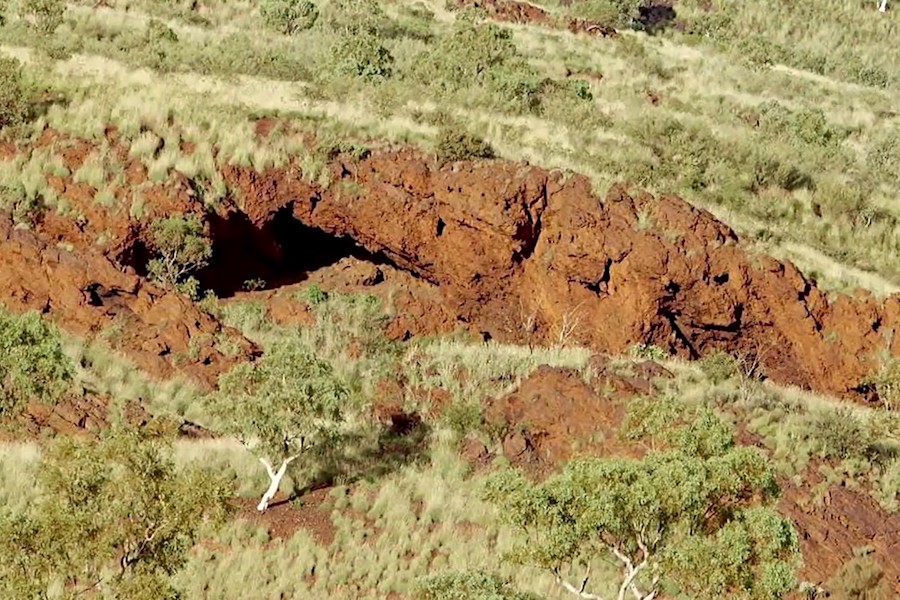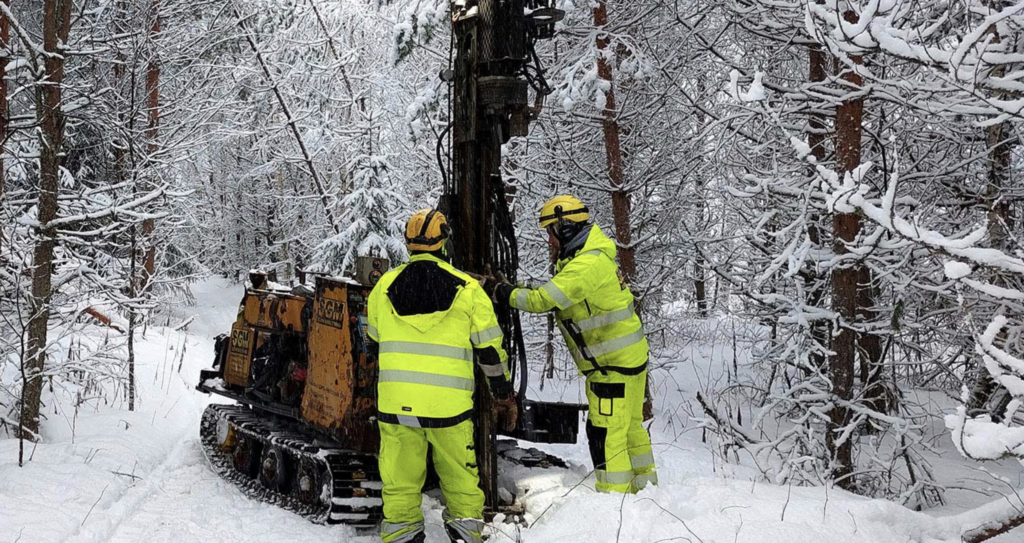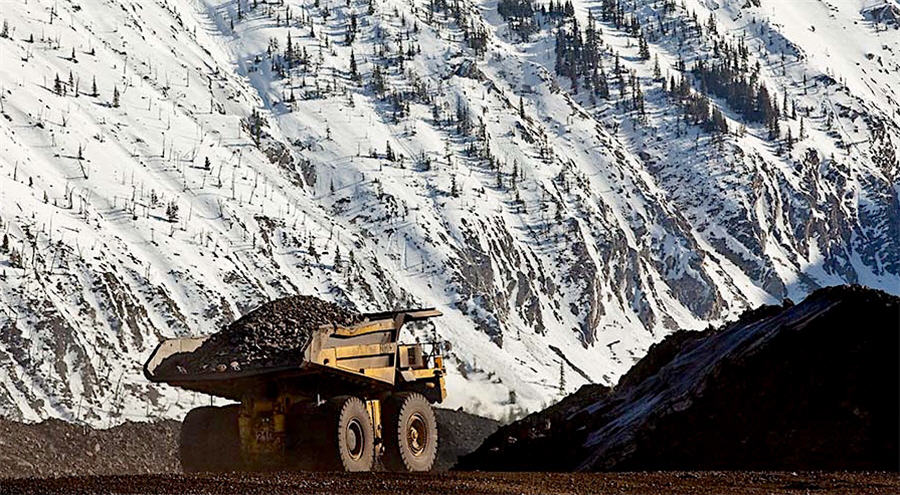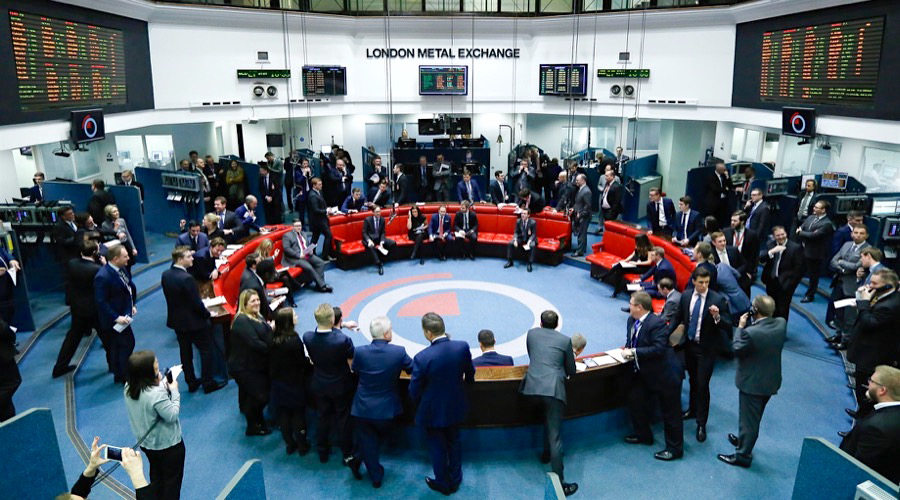It seemed like a good idea at the time: Red-state Democrats facing grim reelection prospects would join forces with Republicans to slash bank regulations — demonstrating a willingness to work with President Donald Trump while bucking many in their party.
That unlikely coalition voted in 2018 to roll back portions of a far-reaching 2010 law intended to prevent a future financial crisis. But those changes are now being blamed for contributing to the recent collapse of Silicon Valley Bank and Signature Bank that prompted a federal rescue and has stoked anxiety about a broader banking contagion.
The rollback was leveraged with a lobbying campaign that cost tens of millions of dollars that drew an army of hundreds of lobbyists and it was seeded with ample campaign contributions.
The episode offers a fresh reminder of the power that bankers wield in Washington, where the industry spends prodigiously to fight regulation and often hires former members of Congress and their staff to make the case that they are not a source of risk to the economy
“The bottom line is that these banks would have faced a tougher supervisory framework under the original ... law, but Congress and the Trump regulators took an ax to it,” said Carter Dougherty, a spokesman for Americans for Financial Reform, a left-leaning financial sector watchdog group. “We can draw a direct line between the deregulation of the Trump period, driven by the bank lobby, and the chaos of the last few weeks.”
President Joe Biden has asked Congress for the authority to impose tougher penalties on failed banks. The Justice Department and the Securities and Exchange Commission have started investigations. And congressional Democrats are calling for new restrictions on financial institutions.
But so far there is no indication that another bipartisan coalition will form in Congress to put tougher regulations back in place, underscoring the banking industry's continued clout.
That influence was on full display when the banking lobby worked for two years to water down aspects of the 2010 Dodd-Frank law that had placed weighty regulations on banks designed to reduce consumer risk and force the institutions to adopt safer lending and investing practices.
Republicans had long looked to blunt the impact of Dodd-Frank. But rather than push for sweeping deregulation, Sen. Mike Crapo, an Idaho Republican who led the Senate banking committee, hoped a narrowed focus could draw enough support from moderate Democrats to clear the Senate’s 60-vote filibuster threshold.
Crapo broached the idea with Democratic Sens. Jon Tester of Montana, Joe Donnelly of Indiana and Heidi Heitkamp of North Dakota — all on the ballot in 2018 — as well as Mark Warner of Virginia. By the fall of that year, the bipartisan group met regularly, according to a copy of Tester’s office schedule posted to his Senate website.
A lobbying strategy also emerged, with companies and trade groups that specifically mention Crapo's legislation spending more than $400 million in 2017 and 2018, according to an Associated Press analysis of the public lobbying disclosures.
The bill was sold to the public as a form of regulatory relief for overburdened community banks, which serviced farmers and smaller businesses. Community bankers from across the U.S. flew in to Washington to meet repeatedly with lawmakers, including Tester, who had 32 meetings with Montana bank officials. Local bank leaders pushed members of their congressional delegation when they returned home.
But the measure also included provisions sought by midsize banks that drastically curtailed oversight once the Trump Fed finished writing new regulations necessitated by the bill’s passage.
Specifically, the legislation lifted the threshold for banks that faced a strict regimen of oversight, including mandatory financial stress testing.
That component, which effectively carved large midsize banks out of more stringent regulation, has come under new scrutiny in light of the failure of Silicon Valley Bank and Signature Bank, whose executives lobbied on behalf of the 2018 rollback.
“The lobbyists were everywhere. You couldn’t throw an elbow without running into one," Sen. Elizabeth Warren, a Massachusetts Democrat who vehemently opposed the bill, told reporters last week.
Campaign checks were written. Ads were cut. Mailers went out.
As a reward for their work, Heitkamp ($357,953), Tester ($302,770) and Donnelly ($265,349) became the top Senate recipients of money from the banking industry during the 2018 campaign season, according to OpenSecrets, a nonpartisan group tracking money in politics.
Democratic Senate leader Chuck Schumer freed members to vote for the bill, a move intended to bolster the standing of vulnerable moderate incumbents. But the move also bitterly divided the Democratic caucus, with Warren singling out the moderates as doing Wall Street's bidding.
In the hours before the bill passed the Senate with 17 Democratic votes, Heitkamp took to the chamber floor to inveigh against the “diatribe,” “hyperbole” and “overstatement” from opponents of the bill.
Tester, meanwhile, huddled with executives from Bank of America, Citigroup, Discover and Wells Fargo, who were there on behalf of the American Bankers Association, according to his publicly available office schedule.
The American Bankers Association, which helped lead the push, later paid $125,000 for an ad campaign thanking Tester for his role in the bill’s passage, records show.
Less than a month after the bill was passed out of the Senate, Tester met Greg Becker, the CEO for the now-collapsed Silicon Valley Bank, according to his schedule. Becker specifically lobbied Congress and the Federal Reserve to take a light regulatory approach with banks of his size. Lobbyists with the firm the Franklin Square Group, which had been retained by Silicon Valley Bank, donated $10,800 to Tester's campaign, record show.
Heitkamp was the only member of the group invited to the bill signing ceremony, beaming alongside Trump. Later, Americans for Prosperity, the grassroots conservative group funded by the billionaire industrialist Koch brothers, ran an online ad commending Heitkamp for taking a stand against her party.
In an interview, Heitkamp pushed back against suggestions that the legislation was directly responsible for the collapse of Silicon Valley Bank. She acknowledged, however, that there was an open question about whether new rules put in place by the Fed after the measure was signed into law could have played a role.
“I’m willing to look at the argument that this had something to do with it,” Heitkamp said, adding: “I think you will find that (the Fed) was engaged in some level of some supervision. Why that didn’t work? That’s the question that needs to be resolved.”
In a statement issued last week, Tester did not directly address his role in the legislation, but he pledged to "take on anyone in Washington to ensure that the executives at these banks and regulators are held accountable.”
Cam Fine, who led the Independent Community Bankers of America trade group during the legislative push, said the overall the bill was a good piece of legislation that offered much needed relief to struggling community banks.
But like any major piece of legislation that moves through Congress, final passage hinged on support from a broad coalition of interests — including those of Wall Street and midsize banks.
“Was it a perfect piece of legislation? No. But there’s an old saying in Washington: You can’t let the perfect be the enemy of the good,” said Fine.
Many of the moderate Democrats who supported the measure did not fare as well.
Of the core group who wrote the bill, only Tester won reelection. Others from red states who supported it, including Claire McCaskill of Missouri and Bill Nelson of Florida, lost.
Tester will be on the ballot again in 2024. Last week he was in Silicon Valley for a fundraiser.
One of the event's sponsors was a partner at a law firm for Silicon Valley Bank.
___
Sweet reported from New York. Associated Press writer Kevin Freking contributed to this report.






